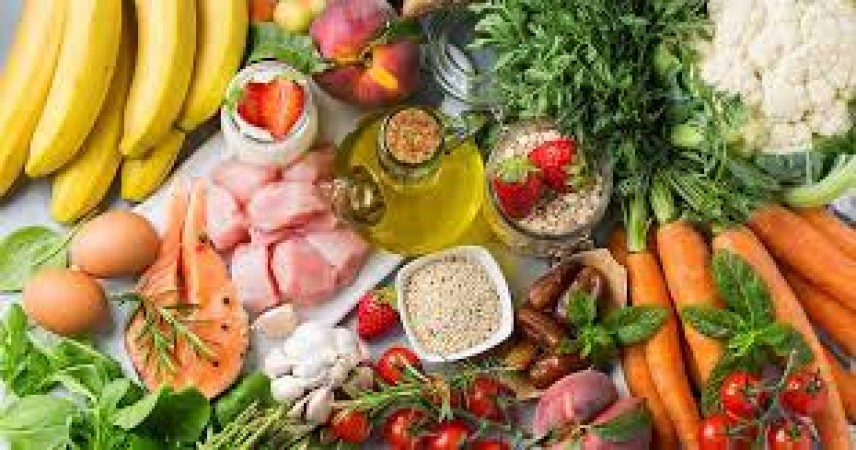After undergoing chemotherapy, cancer patients often find themselves in a delicate phase of recovery. The treatment not only targets cancer cells but can also affect healthy cells and bodily functions, including the digestive system and immune response. As such, adopting a suitable diet becomes crucial to support the body's healing process and regain strength post-chemotherapy.
Consultation with a Healthcare Professional: The First Step
- Prioritize Professional Guidance:
- Before making any significant changes to one's diet, it is essential for cancer patients to consult with their healthcare team, including oncologists, nutritionists, and dietitians.
- Each patient's dietary needs may vary based on factors such as cancer type, treatment protocol, overall health status, and personal preferences.
Key Considerations for a Post-Chemotherapy Diet
-
Emphasizing Nutrient-Rich Foods:
- Opt for a diet abundant in fruits, vegetables, whole grains, lean proteins, and healthy fats.
- These foods provide essential vitamins, minerals, antioxidants, and phytonutrients necessary for supporting the body's recovery and boosting immunity.
-
Adequate Hydration:
- Staying hydrated is vital for maintaining overall health, especially during and after chemotherapy.
- Aim to consume sufficient water and hydrating beverages to prevent dehydration and support bodily functions.
-
Managing Digestive Symptoms:
- Chemotherapy can often lead to digestive issues such as nausea, vomiting, diarrhea, or constipation.
- Incorporate easily digestible foods such as soups, broths, steamed vegetables, and bland carbohydrates to alleviate discomfort.
-
Addressing Nutritional Deficiencies:
- Chemotherapy may deplete the body of certain nutrients, leading to deficiencies.
- Consider incorporating nutrient-dense foods or supplements as recommended by healthcare professionals to replenish any deficiencies and support recovery.
Specific Dietary Recommendations
-
Protein-Rich Foods:
- Include lean sources of protein such as poultry, fish, tofu, legumes, and dairy to support tissue repair and muscle strength.
-
Omega-3 Fatty Acids:
- Incorporate foods rich in omega-3 fatty acids, such as salmon, walnuts, flaxseeds, and chia seeds, to reduce inflammation and support heart health.
-
Antioxidant-Rich Foods:
- Consume a variety of colorful fruits and vegetables like berries, spinach, kale, carrots, and tomatoes to provide antioxidants that help combat oxidative stress and promote cellular repair.
-
Fiber:
- Choose high-fiber foods like whole grains, beans, lentils, fruits, and vegetables to support digestive health and prevent constipation.
Final Thoughts
Navigating the dietary needs after chemotherapy can be challenging for cancer patients, but it's a crucial aspect of the recovery journey. By prioritizing nutrient-rich foods, staying hydrated, managing digestive symptoms, addressing nutritional deficiencies, and following personalized recommendations from healthcare professionals, cancer patients can support their bodies in healing and regaining strength post-chemotherapy.
How Much Milk Should Women Drink During Pregnancy?
Parenting Tips: How should a mother-daughter relationship be?
Discover the Optimal Age for Motherhood to Address Challenges Faced by Older Women
